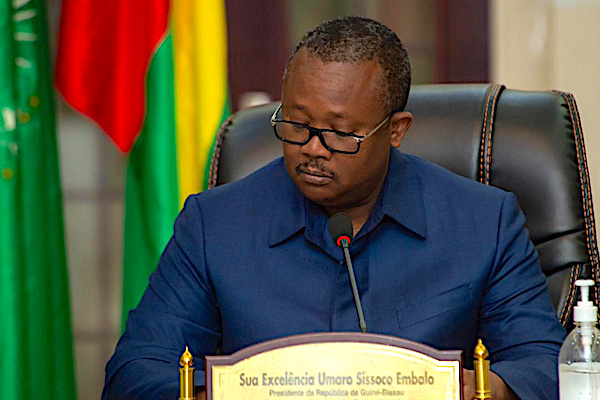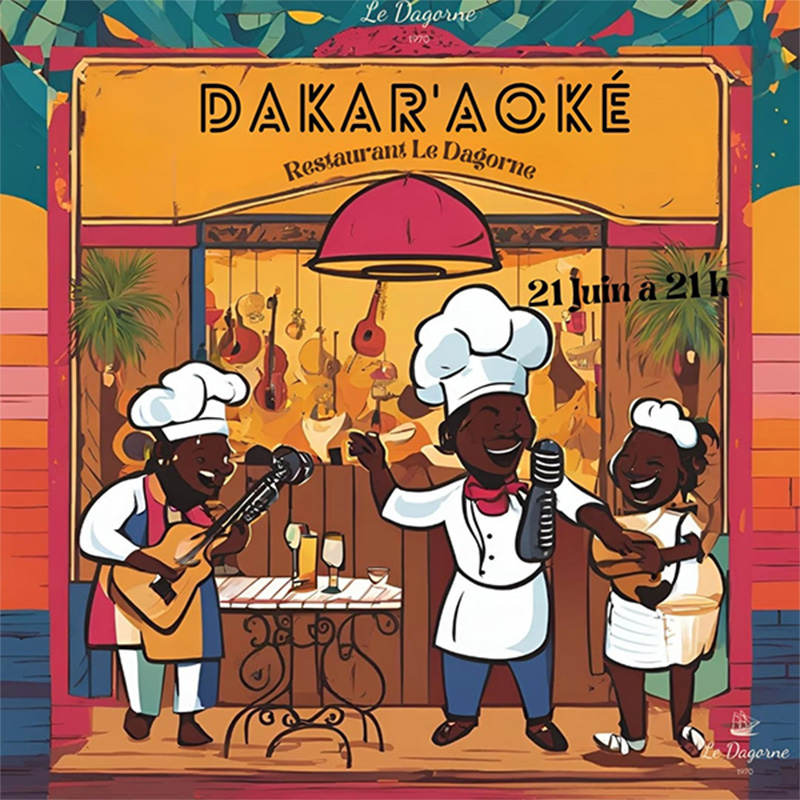Legislative Elections in Guinea-Bissau: The Opposition Imposes Cohabitation

The opposition has won an absolute majority in the legislative elections in Guinea-Bissau, forcing President Umaro Sissoco Embalo to cohabit in this West African country prone to political crises.
The Coalition Pai Terra ranka of the African Party for the Independence of Guinea and Cape Verde (Paigc), founded by Amilcar Cabral and which has long dominated national politics, won 54 seats, ahead of Madem G15, the political family of the President of the Republic, which won 29 seats, according to Mpabi Cabi, acting chairman of the Electoral Commission.
The Social Renewal Party (Prs) with 12 deputies, the Workers’ Party with 6 deputies and the United People’s Assembly, which won 1 seat, complete the new National Assembly.
This result is a setback for President Embalo, who dissolved the National Assembly in May 2022 because of « persistent differences that cannot be resolved » with Parliament, which he described as « an arena for political guerrilla warfare and conspiracy ».
According to observers, this failure is attributed to internal dissension within the Madem G15 party and the President’s inability to resolve the problem of farmers, with the fall in the price of cashew nuts, a major source of income for the population.
The President is expected to appoint a Prime Minister from the winning coalition shortly. As soon as the results were announced, a crowd converged on the Paigc headquarters amid an uproar of pots and pans.
In a country where results are regularly contested, the 200 or so international observers announced that they had not noted any major incidents and affirmed that the election was « free, transparent and peaceful ». For his part, Mr Braima Camara, leader of Madem, President Embalo’s party, acknowledged his defeat in no uncertain terms. Mr Camara said: « As soon as the results were announced, I immediately called Domingos Simoes Pereira, the leader of Pai Terra-ranka. He didn’t pick up, but I’m sure he will. I told my supporters, whether the results were provisional or final, to respect them, because they came from an authorised institution. »
Similarly, the Head of State, President Embalo, was quick to congratulate Domingos Simoes Pereira, the leader of Paigc, and promised to appoint him Prime Minister. « The People have decided, it’s done. I therefore congratulate Paigc Terra-ranka on the victory and the confidence that the People have given them. Respecting this result, I will appoint the winner of the Legislative elections, Domingos Simoes Pereira, as Prime Minister. »
Asked about the forthcoming cohabitation with his long-time adversary, President Embalo replied: « I had decided never to appoint him. But a good politician has to know when to back down. Because, in politics, there is never a permanent enemy. We’re not going to cohabit, we’re going to walk together. I’m not going to be a mine to block the way.
On Madem’s defeat, Sissoco Embalo admitted: « My party has failed. The People have sanctioned us. »
This just shows the extent to which things are changing in this country. Guinea-Bissau has long been the subject of chronic political instability, and, since independence in 1974 it has been the victim of a string of coup d’états and attempted coups, the most recent of which took place in February 2022.
By Allen Yero EMBALLO (Special correspondence)

